Developed by Dr. Ludovic Lazarus Zamenhof in the late 1870s/early 1880s, Esperanto was created as a communication tool that would foster peace and understanding between different ethnicities and nationalities. Born in Białystok to Lithuanian-Jewish parents in 1859, Zamenhof displayed an obvious propensity for languages from an early age, speaking both his father’s Russian and mother’s Yiddish natively, and soon achieving fluency in German (which his father taught for a living) and Polish which became the native language of his children. Later French, Latin, Greek, Hebrew and English were added to the list with his command of Italian, Spanish and Lithuanian not falling far behind.
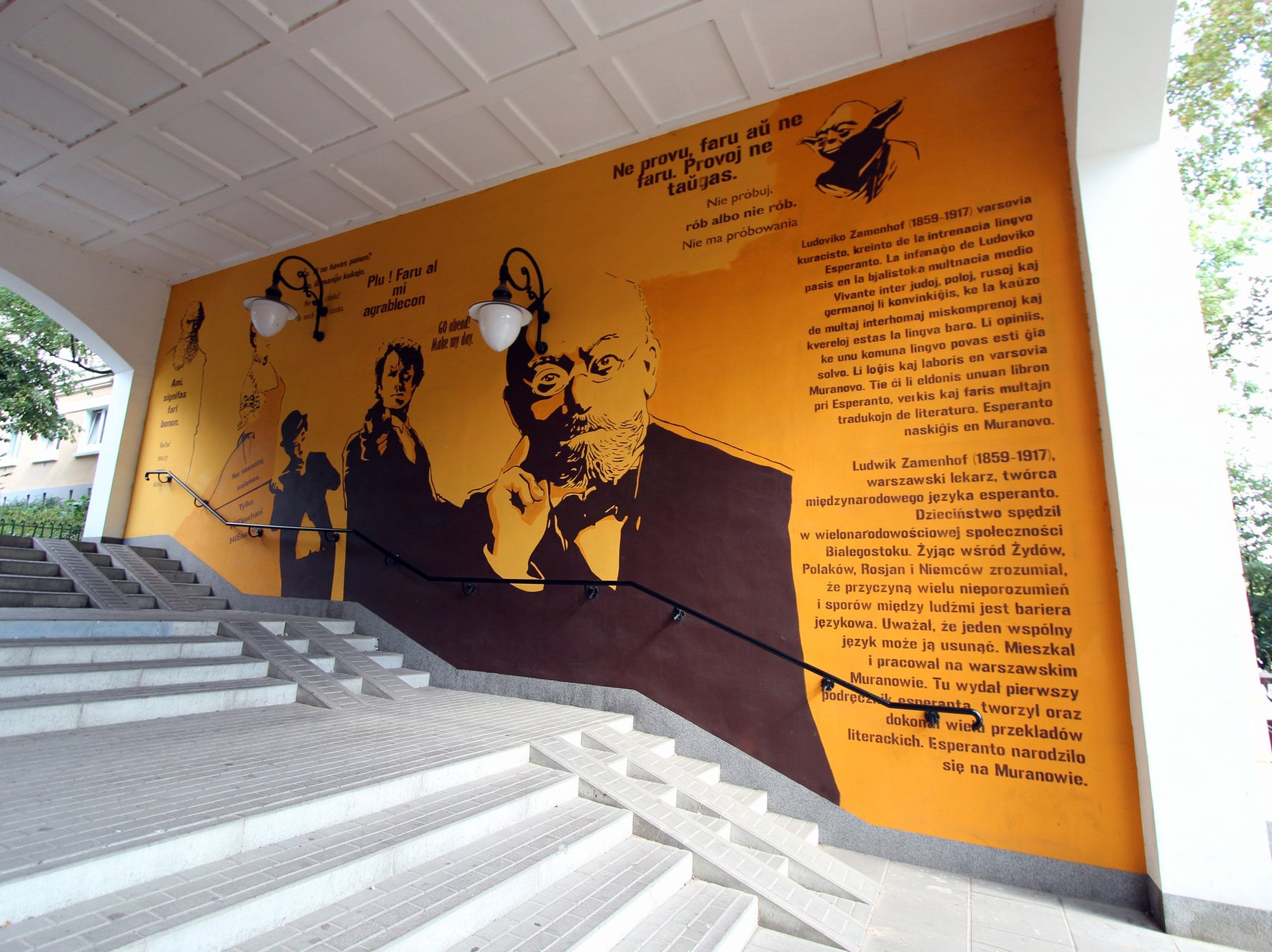
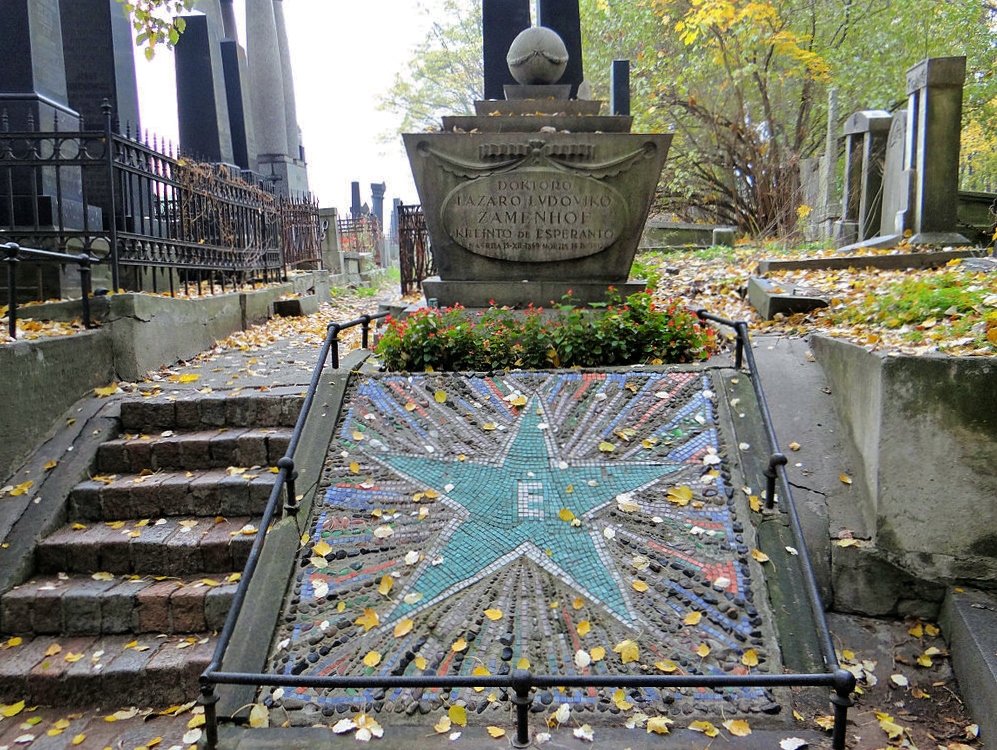
Zamenhof's work was profoundly prophetic of the impending European conflict during which Esperantists were targeted by both the Nazis and Stalinists; Esperanto was even identified in Hitler’s Mein Kampf as a language that would be used by the ‘International Jewish Conspiracy’ when they achieved world domination. Zamenhof’s entire family was executed during the Holocaust, though Esperanto obviously survived and according to a 2015 census is spoken to varying degrees by 2 million people worldwide. Google even offers an Esperanto search portal and the Esperanto version of Wikipedia contained over 227,000 articles as of January 2015, making it the 32nd largest Wikipedia by measure of number of articles (and largest of any constructed language). A 2000 study conducted by a German institute compared the length of study time required by Francophone high school students to achieve comparable levels of language proficiency in four languages: German, 2000 hours; English, 1500 hours; Italian, 1000 hours; Esperanto, 150 hours. It’s a shame Polish wasn’t included in the study, as its astronomical rating would help validate the healthy number of Esperanto speakers in the country today.


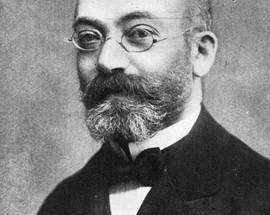
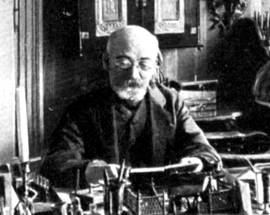
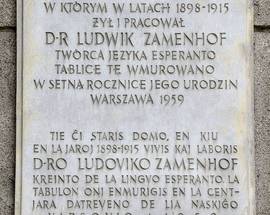
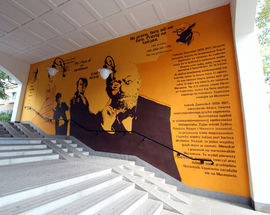




Comments